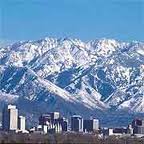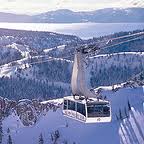 Arendt interprets of different form of what we have custom to see some terms that are part of its, let us say, reflective universe. Let us take as example the work and work, hodiernamente these terms are treated as if he was one only. It is enough to think, for example, in the fact of that labor gymnastics exists, that is, a type of activity that is on the quality of life of the person in the work and that it is summarized basically in taking care of for the body it is healthful and as outcome the work can be developed with more nimbleness. Body is, mind s, certain profit. But Arendt interprets work and work of diverse form, that is, a thing is the work and another one, for signal, different good is the work.
Arendt interprets of different form of what we have custom to see some terms that are part of its, let us say, reflective universe. Let us take as example the work and work, hodiernamente these terms are treated as if he was one only. It is enough to think, for example, in the fact of that labor gymnastics exists, that is, a type of activity that is on the quality of life of the person in the work and that it is summarized basically in taking care of for the body it is healthful and as outcome the work can be developed with more nimbleness. Body is, mind s, certain profit. But Arendt interprets work and work of diverse form, that is, a thing is the work and another one, for signal, different good is the work.
Work can exist and exists independent of the work. For the author work it says respect the metabolic activity of the body to the biological process related to the growth and the transformations for which the men pass in elapsing of the life. Life is work, then, the activity is indifferent that man comes to exert, if it lives, then, he works. Searching the definition for work in the Dictionary of Portuguese Language Aurlio we find that work is: to exert its necessity, to enter me function; to work hard, to work, to deal (.). the examples cited for the Aurlio demonstrates that some writers used the term with the same connotation. Bobbio in its Dictionary of Politics brings the term ' ' laborismo' ' , but it indicates that it is proceeding from labour and that to say work and has more to see with ideology of what with exercise of income-producing activity. Soon, the interpretation that author of the one for work, me seems that he is only. How much to the work me it seems that it does not have much newness in relation ace conventional interpretations, the author understands that the work is a transforming activity, producing of artificialidades.



